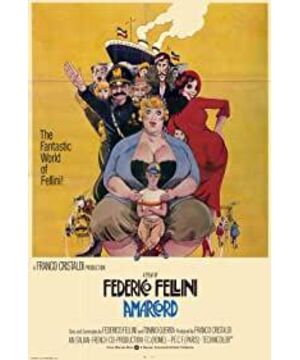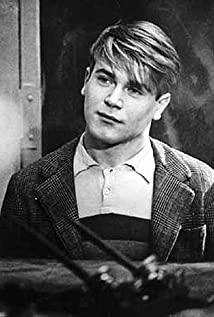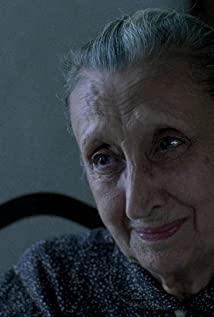1974 New York Film Critics Association Best Director and Best Film
. Back in the 1930s in the small town on the seaside of Adria, Mussolini's far-right ideals were still the dogma he believed in. The father of the construction worker, the mother of the housewife, the idle uncle, the naughty little brother, the boy in Catholicism, fascism and In the traditional Italian family values, welcome his youth and growth. The pranks that play tricks on the teacher in the classroom, the confession of worrying about masturbation in the church, the lively wedding banquet in the countryside, Fellini calmly selects slices and anecdotes of small town life, densely woven into a web of memory, in the times Torrents and personal thoughts reflect each other.
Fellini once said, "The record a man can make is always and only his own record." "Amakde" is not only regarded as the representative work of his personal realistic grammar, but also regarded as one of his most important autobiographical works. On the one hand, the film leads the audience into Fellini's childhood life and sees his sincere, sincere, humorous emotional source. In the depiction of the times, it also escapes the purely objective, historical observation-style examination and inspection, and starts from the most fundamental details of life, and truly reproduces the appearance of fascism in Italy before and after the Second World War.
Interestingly, in "Amakde", we can also clearly see Fellini's thinking and fascination with the female image, the trinity of the Virgin, the martyr, and the slut, and the mother and the prostitute form an inner and outer relationship. In contrast, the plump and huge female bodies that appear repeatedly in Fellini's works are not only the source of motherhood for nurturing children, but also the beginning of youth's sexual enlightenment.
View more about Amarcord reviews










